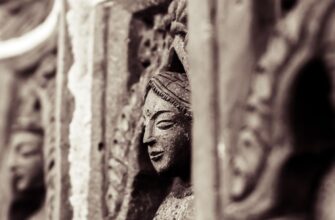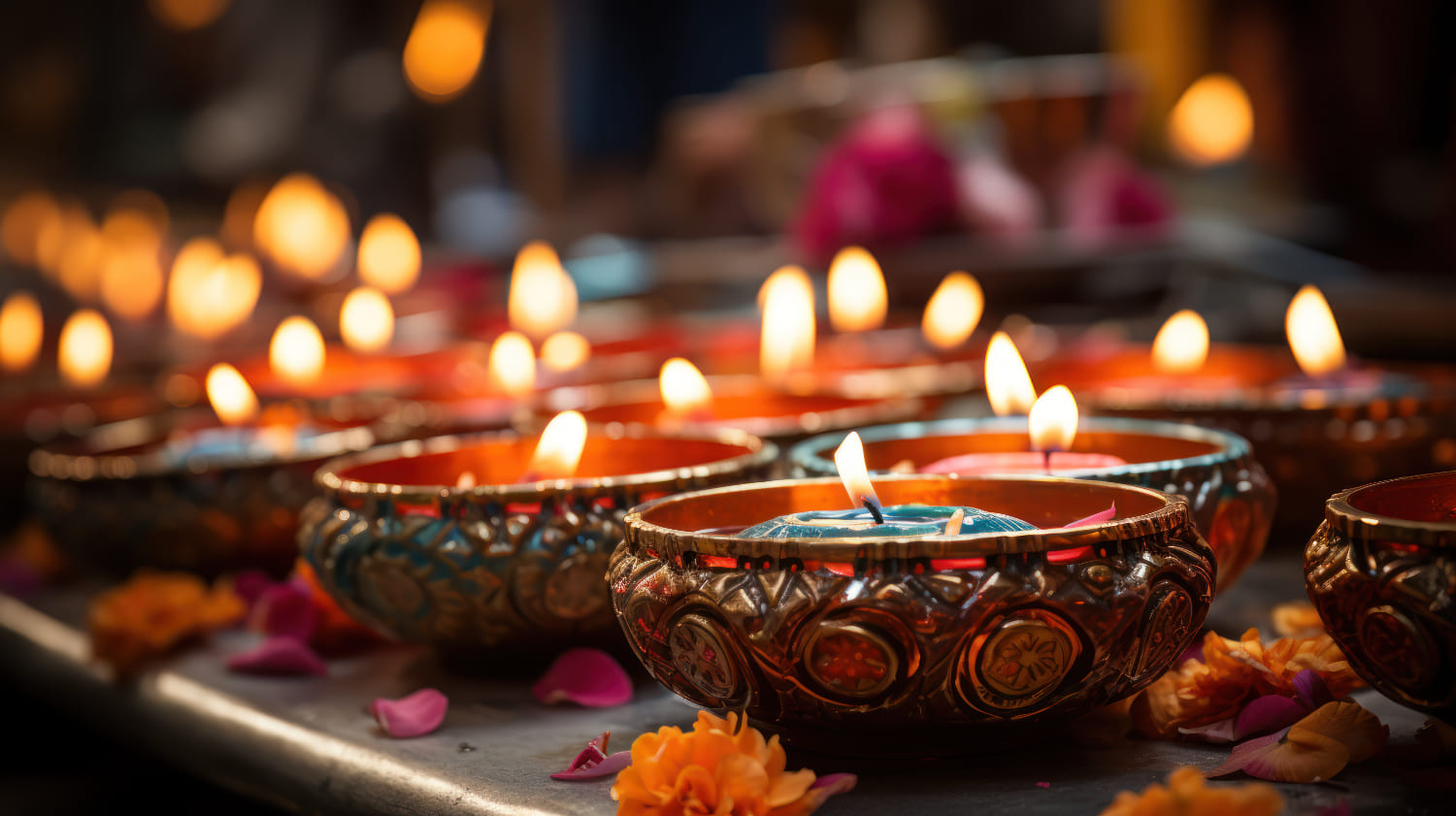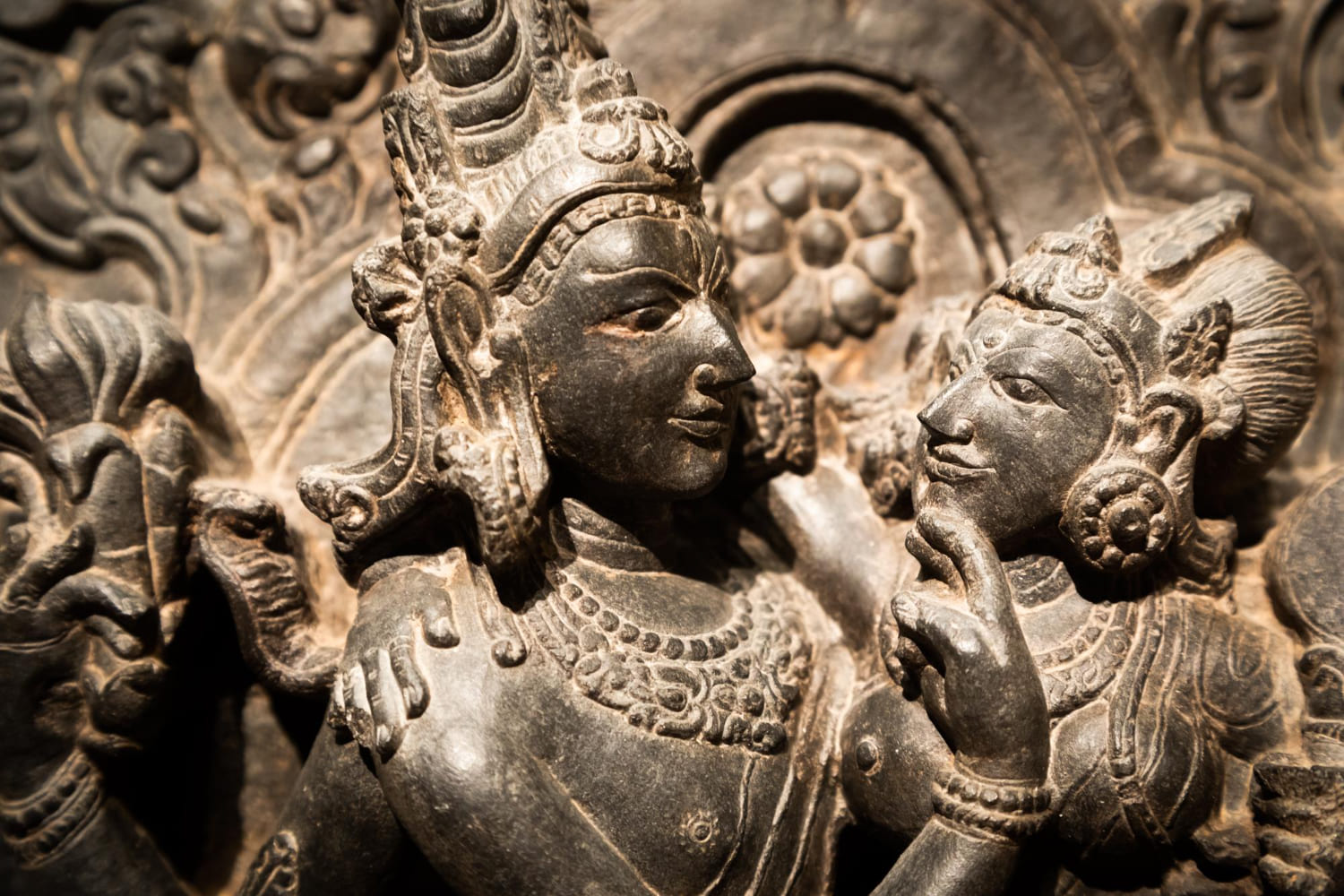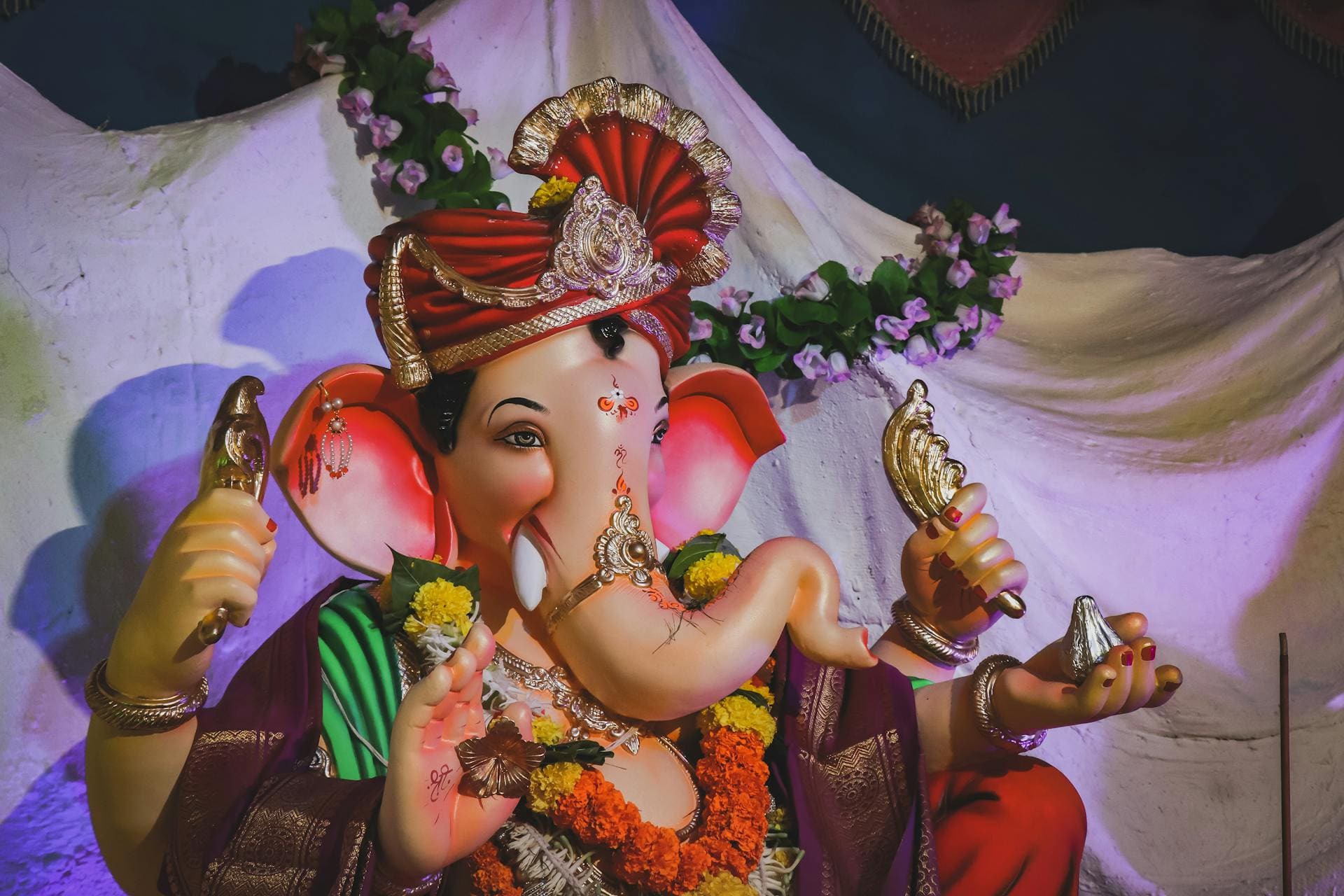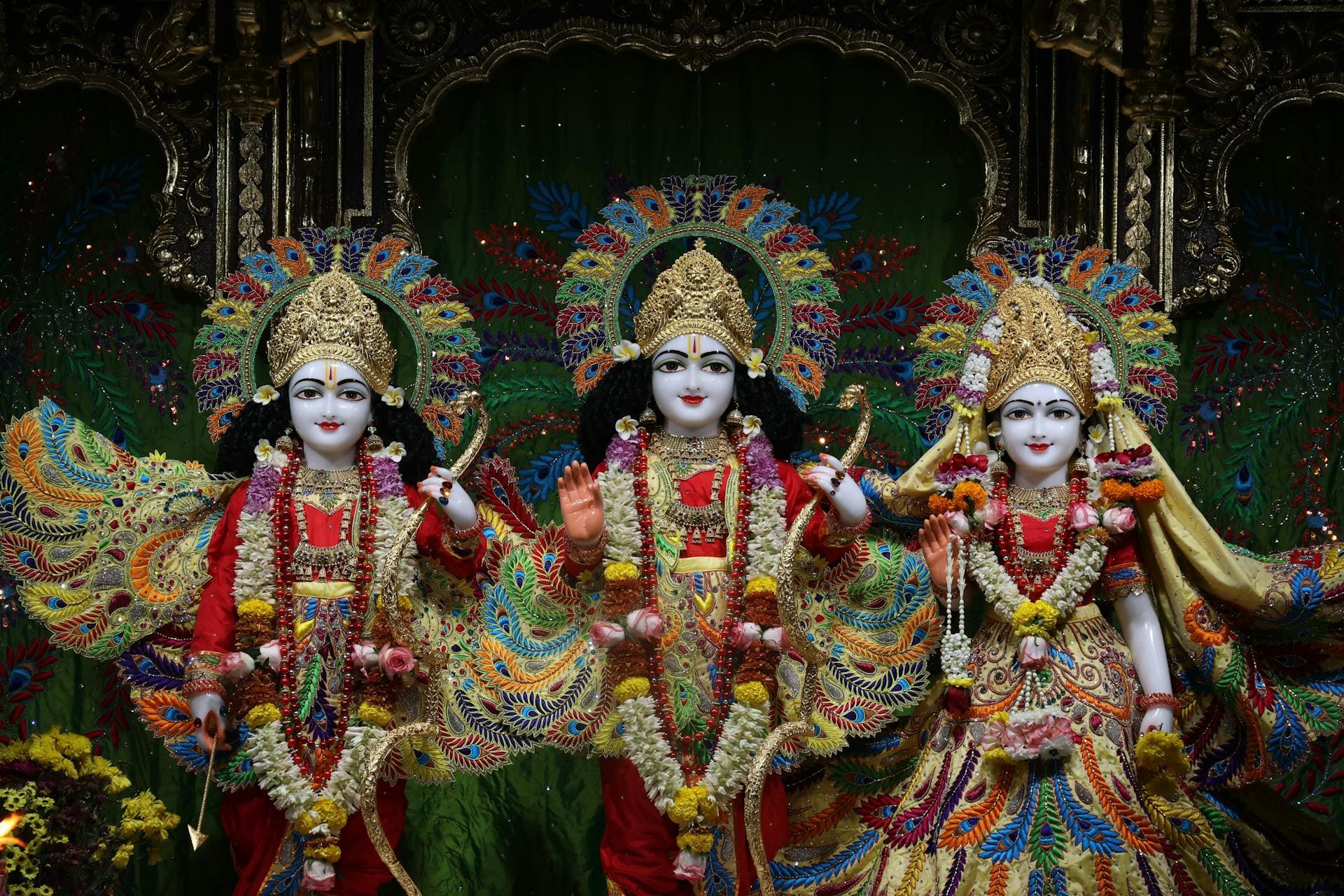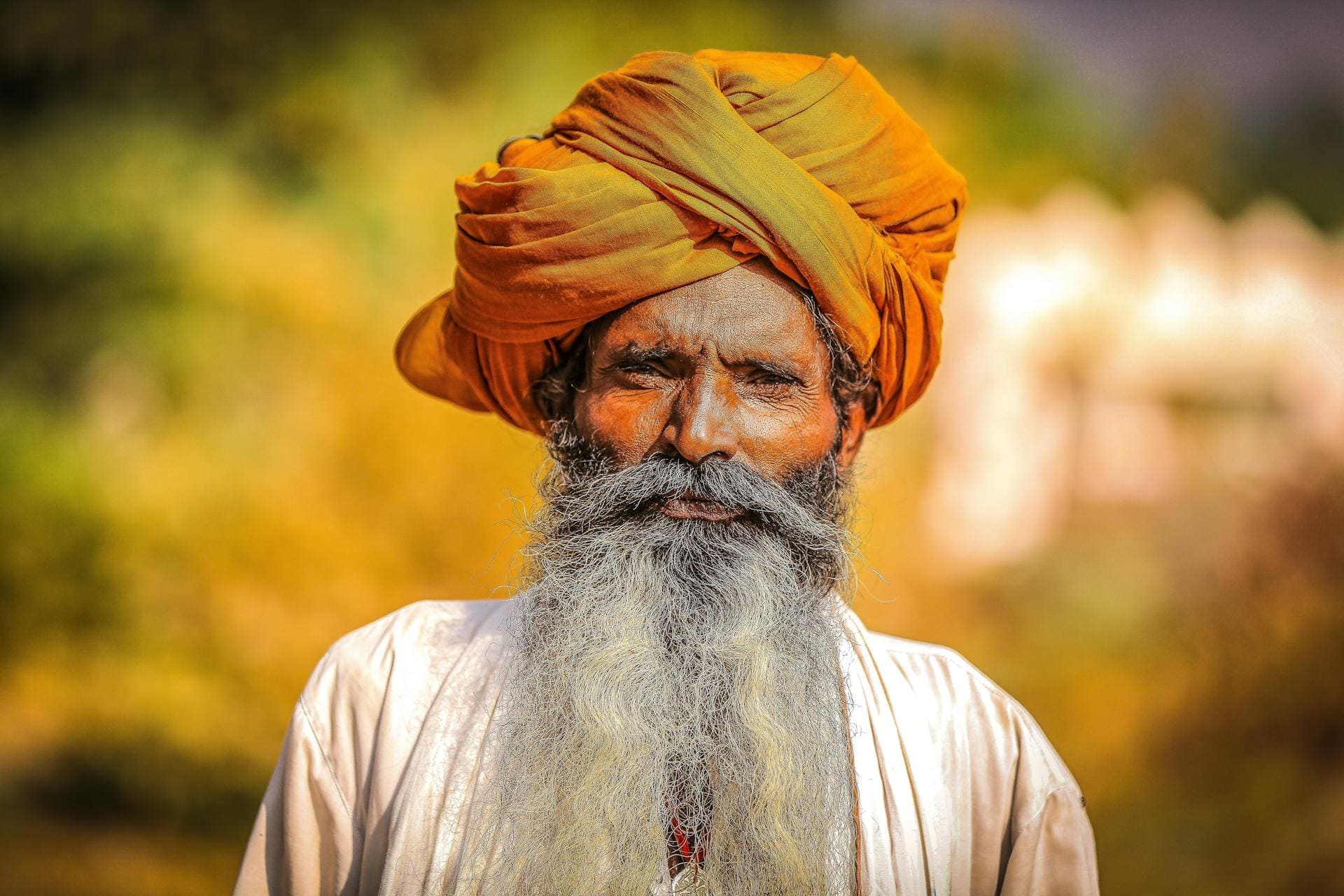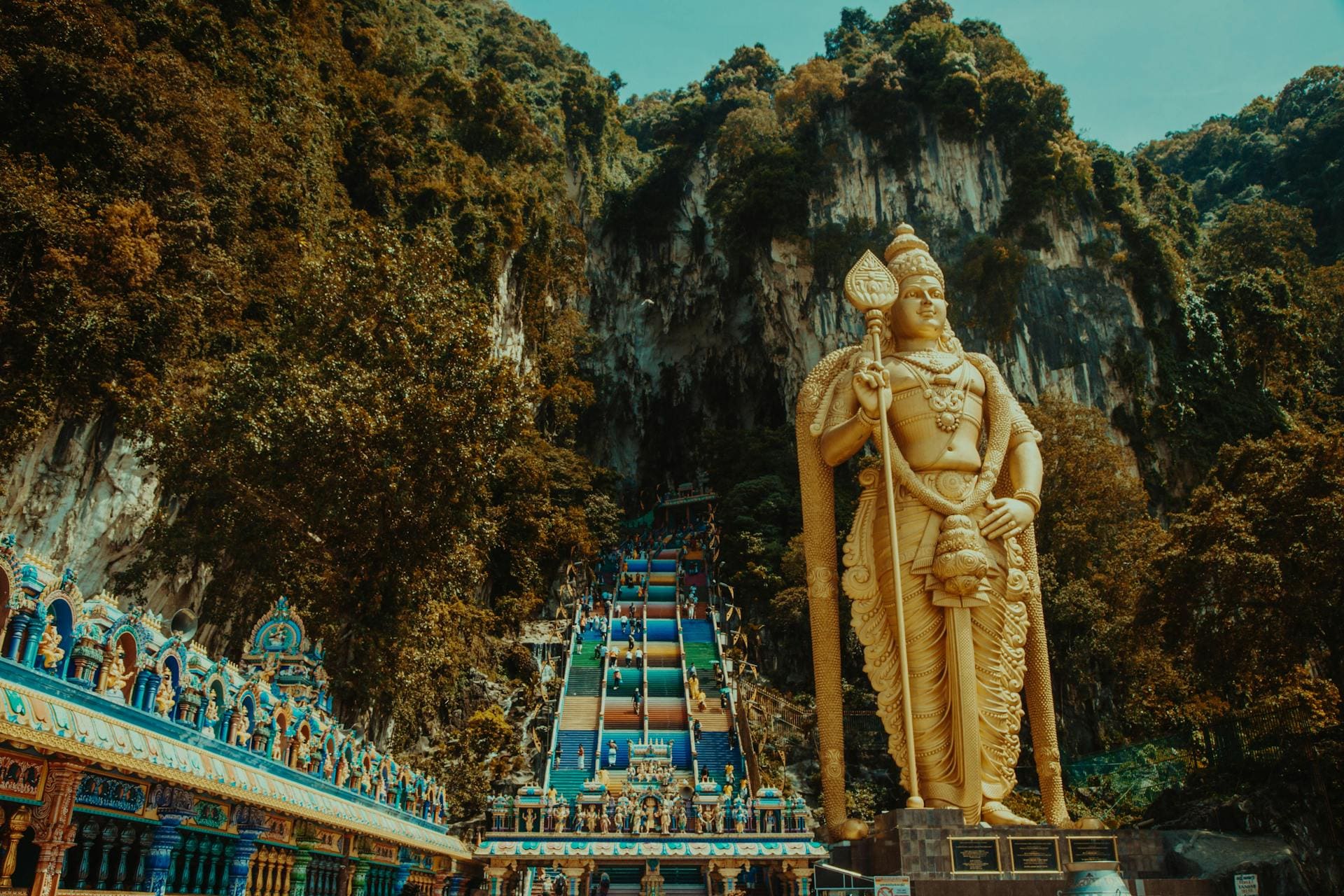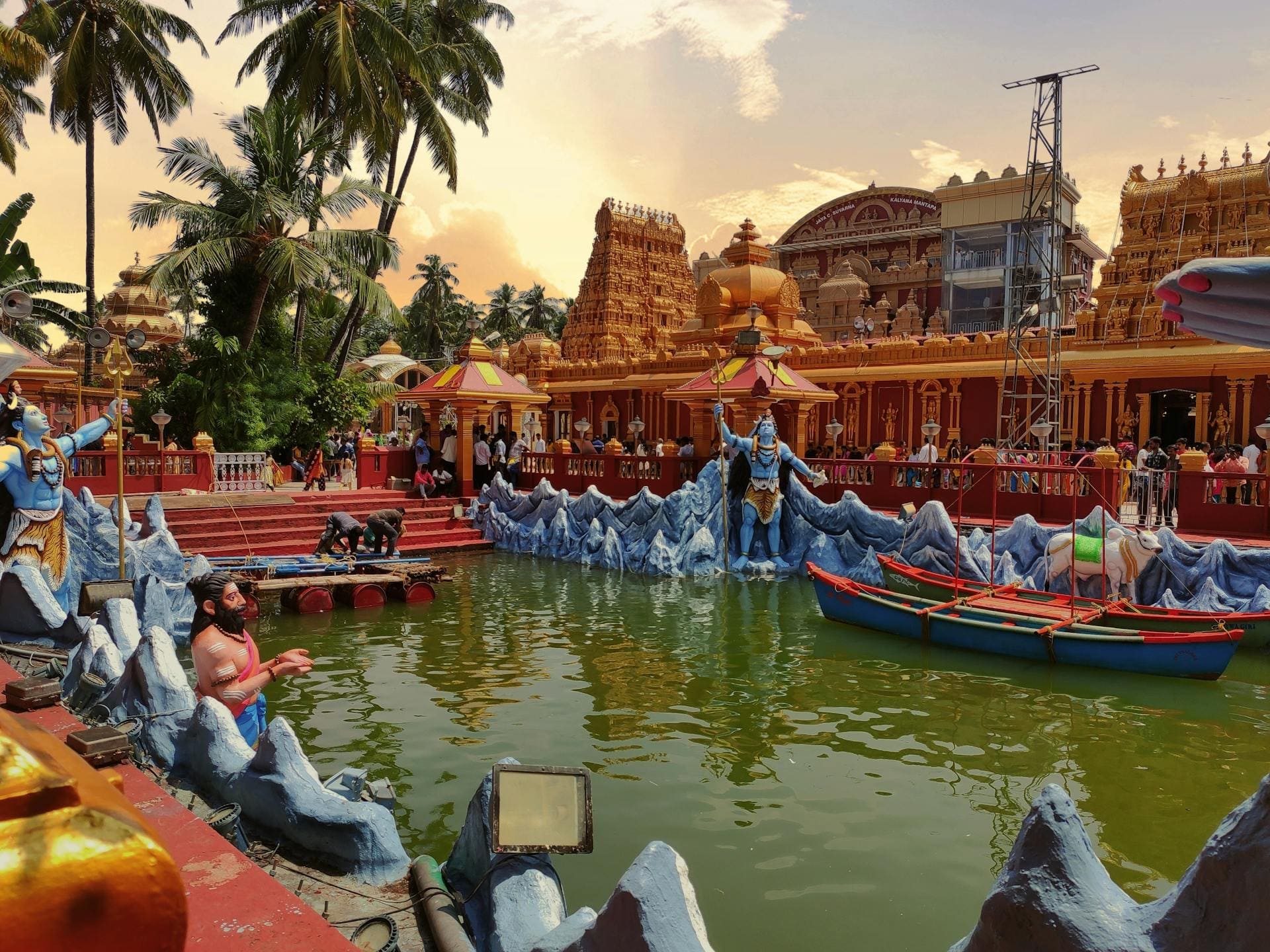Fasting is a common religious practice that allows practitioners to purify their physical bodies for religious holidays or ceremonies.
Yes, Depending on personal customs or beliefs, Hindus follow fasts of varying degrees of strictness. Here are a few typical Hindu fasts: a certain number of days without consuming food or water and restricting oneself to one vegetarian meal every day.
Let’s discover what fasting means for Hindus, how they use it to express their beliefs, and how fasting periods work.
Do Hindus Fast?
Fasting is practiced in Hinduism, as it is in many other religions. Fasting is not required in the Hindu faith; instead, it is an ethical and spiritual practice to obtain divine favor while also purifying the mind and body.
Various fasting practices range in degree of rigor, difficulty, and conformity to individual, familial, and communal beliefs.
Fasting can occasionally mean skipping one meal each day. Nevertheless, fasting doesn’t always entail deprivation or suffering for the body.
Without limiting the amount, it is sometimes sufficient to remove some food kinds and restore them with others.
For instance, meat eaters could be content with an entirely vegetarian dish. Potatoes are frequently substituted for rice, barley, wheat, and lentils in vegetarian diets.
You may even eat sweets as snacks all through the day. Additionally, these constraints may be a chance to mix up the daily menu and explore new foods.
Even promises of sweets might be made after a day of fasting. For instance, modaks—sweet rice-flour-dusted coconut dumplings—are produced in preparation for fasting days during which Ganesh worship is practiced.
Why Do Hindus Fast?
Fasting isn’t only for worship but has many other reasons why Hindus use fasting to express their beliefs.
Practicing Self-Disipline
However, fasting is a fantastic tool for self-discipline as well as being a component of worship.
It is a method of conditioning the mind and body to withstand and toughen up against all adversity, persevere through challenges, and not give up.
Hindu philosophy holds that eating involves satisfying the senses, and depriving the senses of food elevates them to contemplation.
Fasting as a Form of Protest
Fasting has evolved from a nutritional management issue to a practical social control technique. It is a peaceful method of protest.
A fasting strike can raise awareness of a problem and lead to its revision or remedy. It’s noteworthy to remember that Mahatma Gandhi was the one who first employed fasting to draw attention to himself.
There is an example to support this: Previously, Ahmedabad’s textile mill workers were protesting their inadequate pay, and Gandhi instructed them to strike.
Gandhi decided to fast until the issue was settled after two weeks, when the workers started acting violently.
Empathizing with Others
Finally, the hunger pains that one feels during fasting cause one to reflect and express sympathy for the poor, who frequently go without food.
In this perspective, fasting serves as a societal benefit wherein individuals may bond with one another.
Fasting gives the affluent a chance to temporarily ease the suffering of the less fortunate by providing food grains to them.
What Are Fasting Periods?
Several fasting occasions characterize Hinduism. Ekadashi, the most popular fast, is celebrated on the eleventh day of every rising and falling moon, almost twice a month.
Another significant event is the festival in honor of Shiva at the start of the year.
Many Hindus choose a vegetarian lifestyle and fast on Mondays and Saturdays till the evening throughout July and August. Monday fasting is popular among Hindu women to attract an excellent spouse.
Fasting and Gandhi
Mohandas Gandhi (1869–1948), often known as Mahatma or ‘great soul’ in Sanskrit, was a crucial figure in the success of India’s struggle for independence by methodically applying the ideas of nonviolence and civil disobedience.
He was an ardent advocate of fasting out of a solid religious assuredness and as a means of releasing oneself from the body’s limitations.
He did, however, also employ fasting to apply political force. He participated in multiple fasting strikes to express his opposition to the violence, particularly those which occurred between Hindus or between Hindus and Muslims.
Final Thoughts
In preparation for religious holidays or rituals, fasting is a widespread spiritual practice that enables practitioners to cleanse their physical bodies.
Hindus observe fasts that range in severity according to personal traditions or beliefs.
Listed below are a few common Hindu fasts: without taking any food or drink for a predetermined period of days and limiting one’s diet to a single vegetarian meal each day.
